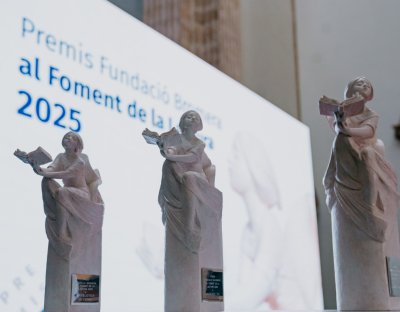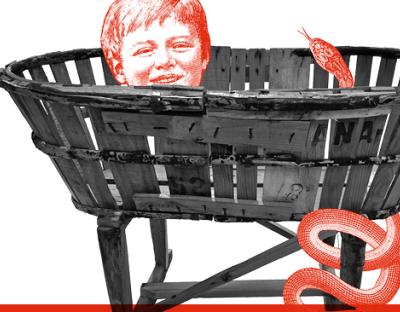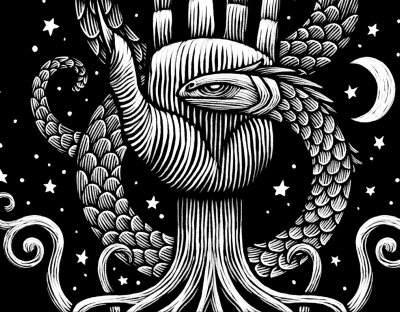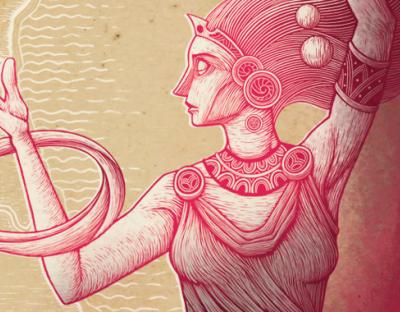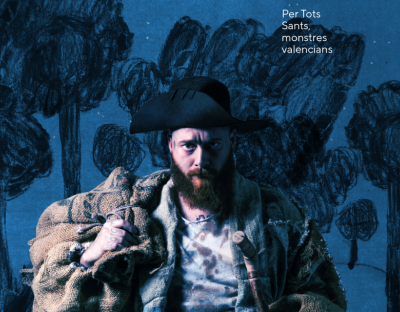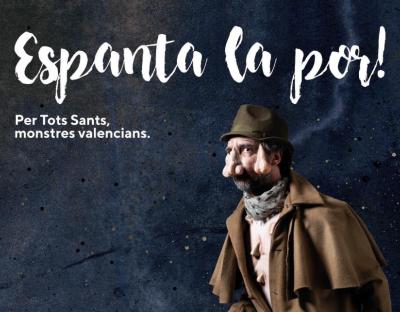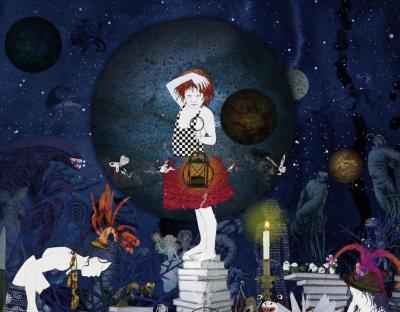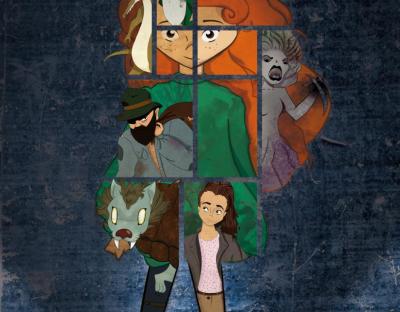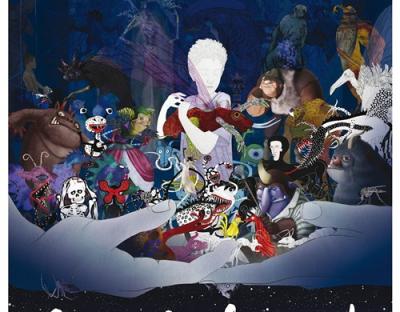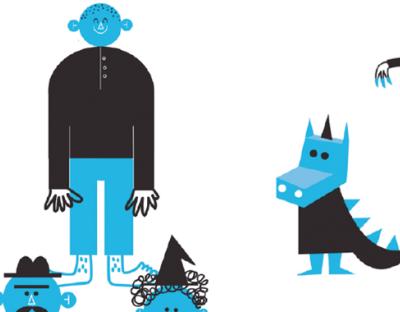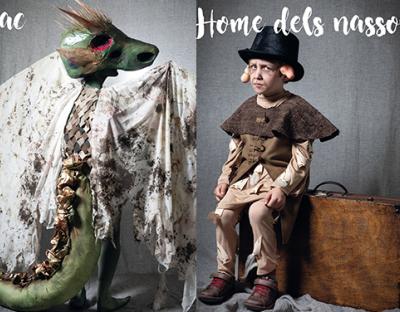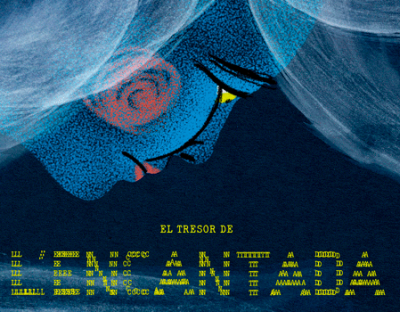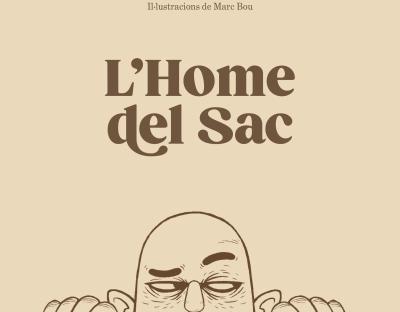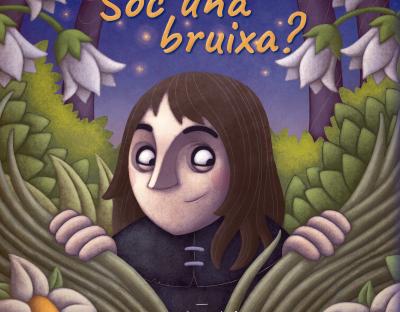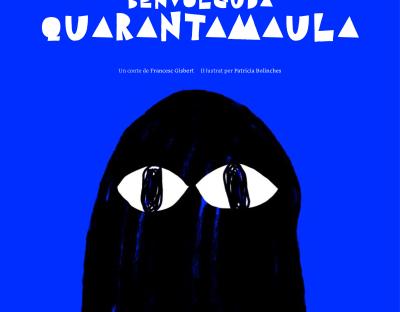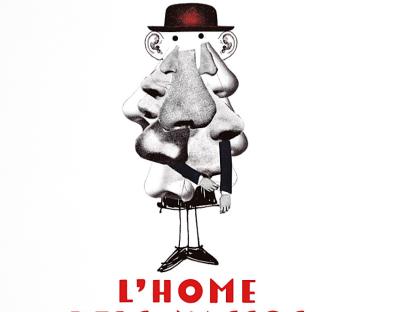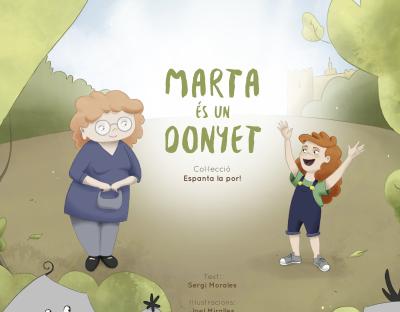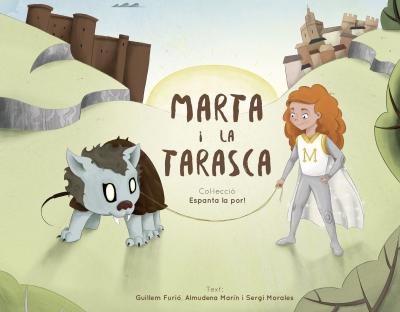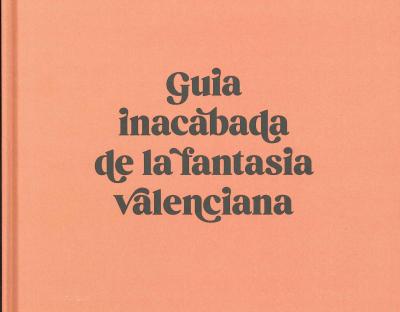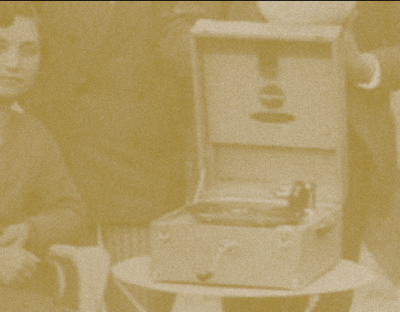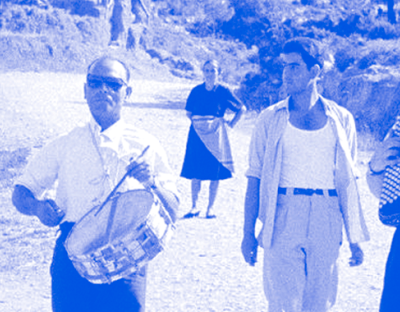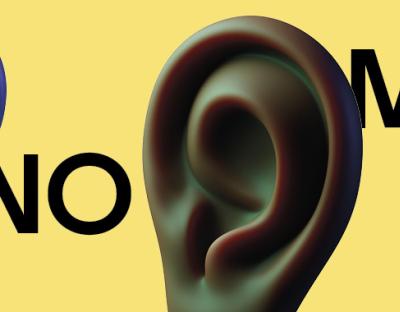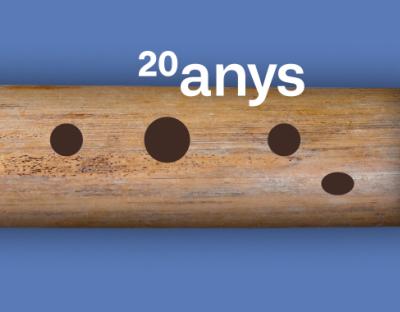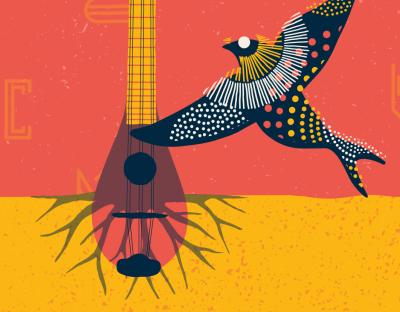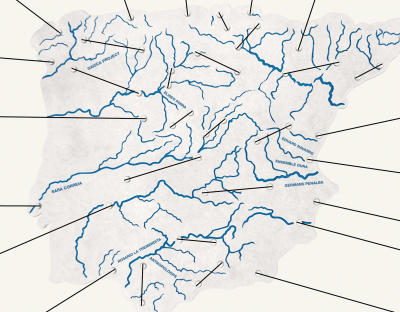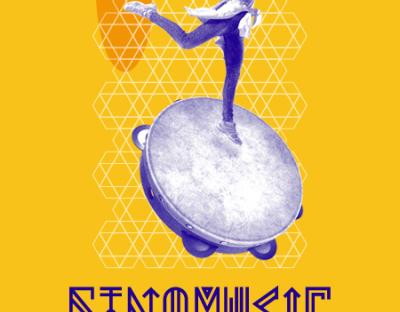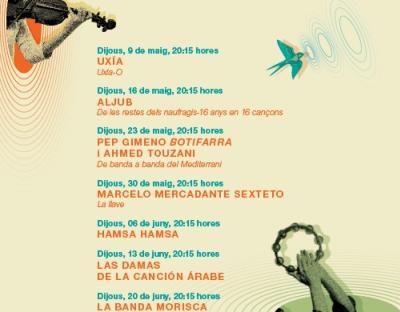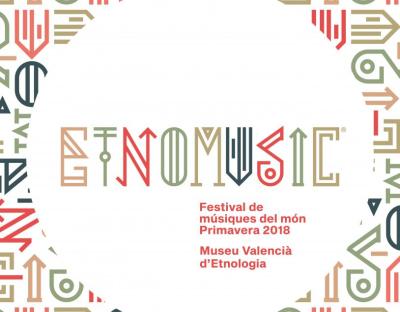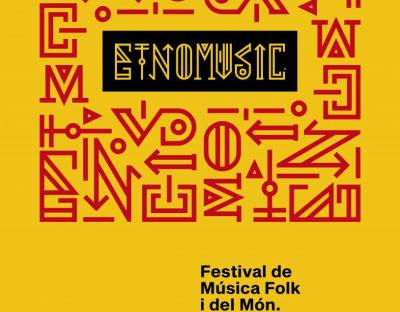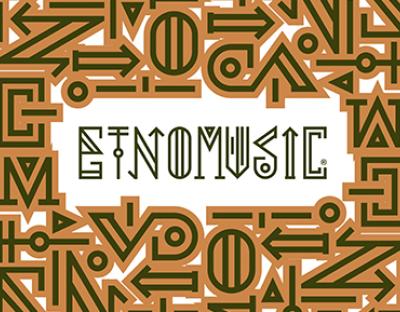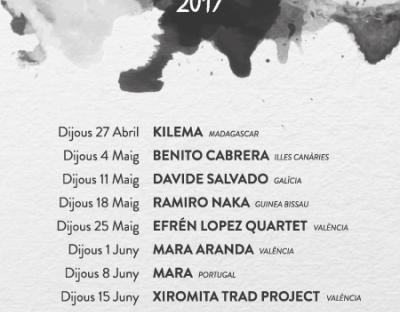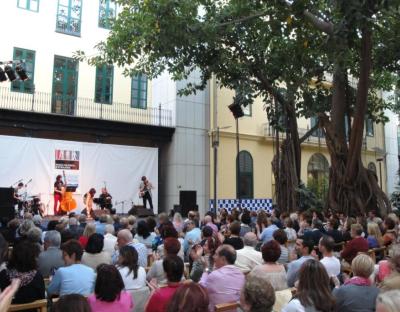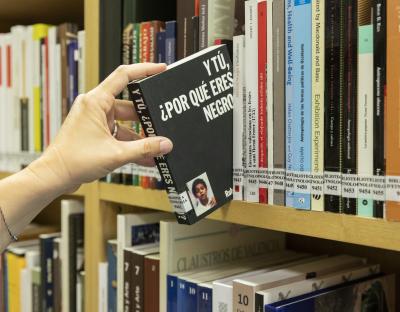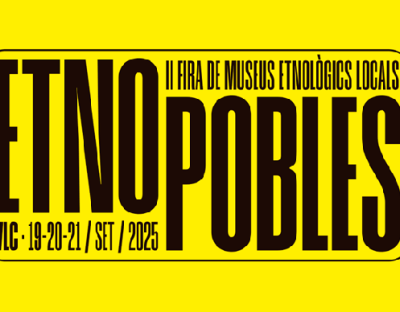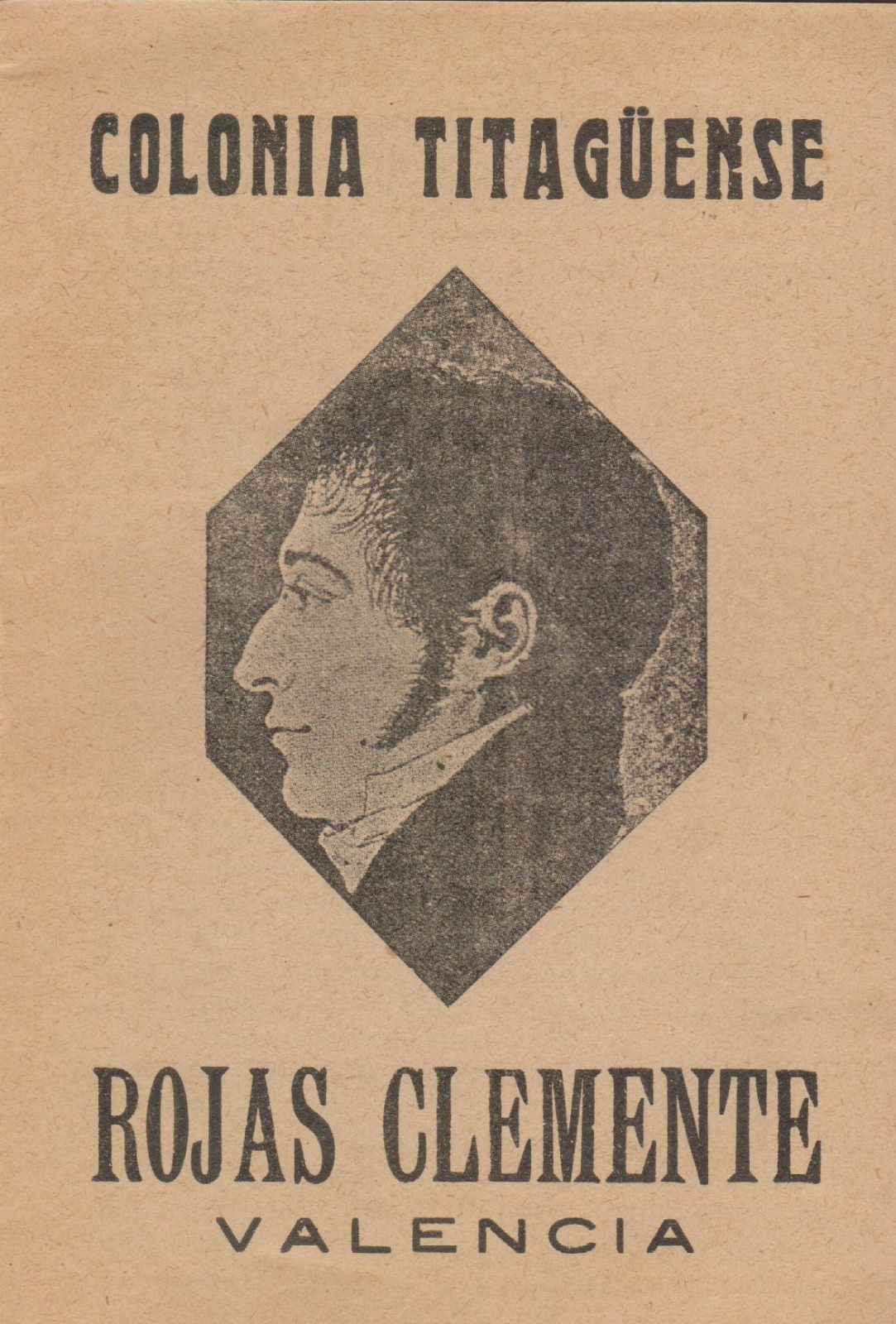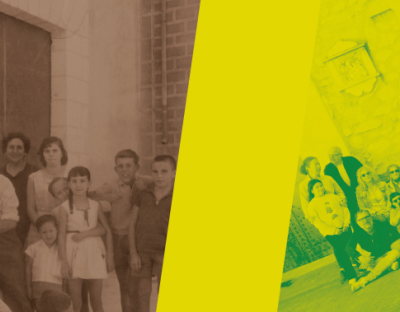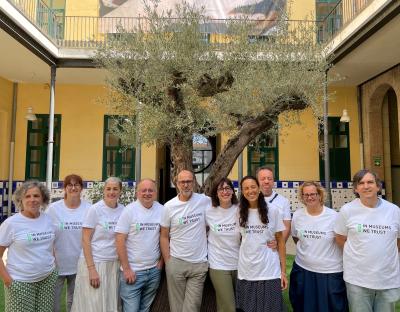ETNOMUSIC es un festival de periodicidad anual que tiene el objetivo de mostrar la música tradicional valenciana desde una perspectiva actual, y dar a conocer propuestas musicales de todo el mundo que vinculan la tradición y la innovación.
A lo largo de los 22 ediciones, el festival ha ofrecido cada mayo, música popular y músicas del mundo, con una mezcla de propuestas entre las lecturas más tradicionales y propuestas actuales. Una programación que se ha consolidado en el panorama musical de la ciudad de València y que ha incorporado con los años la realización de conciertos en los municipios de la provincia.
Durante esta larga trayectoria ETNOMUSIC ha contado con la complicidad de un público que de manera estable y periódica acude al festival desde hace más veinte años. Un público que, como el festival, ha ido cambiando con el paso del tiempo pero que en ningún caso ha dejado de asistir de manera puntual a la cita primaveral con la música folk valenciana y del mundo.
*ETNOMUSIC nos ha permitido presentar en València intérpretes de varios continentes que después se han consolidado en la escena internacional como por ejemplo Cristina Branco y Sara Correia de Portugal, Ross Daly de Inglaterra-Grecia, Marcelo Mercadante de Argentina, Gabacho Maroc de Francia-Marruecos, Nakany Kanté de Guinea o los italianos Antonio Castrignano d’Apulia (Itàlia), Rachelle Andrioli i Maria Mazzota, el disco de la cual Onde, presentado en ETNOMUSIC ha sido reconocido por la critica como uno de los mes significativos del 2024.
Como proyecto valenciano, el festival ha contado con un gran abanico de propuestas de grupos de nuestra tierra que nos han mostrado sus trabajos. Por ETNOMUSIC han pasado formaciones como Krama, L’Ham de Foc, Miquel Gil, Reina Roja, Pepe Gimeno Botifarra, Sis Veus, Carles Dénia, Mara Aranda, Efrén López, José Aparicio Apa, Eduard Navarro, Miquel Gironés, Xavier de Bétera, los hermanos Penalba, Aljub, Urbàlia Rurana, Ataxía, o Jerez Texas. Un buen número grupos que no agota la vitalidad de la música folk hecha en València, pero que manifiesta el interés del festival para mostrar el trabajo de nuestros creadores y creadoras en este ámbito, y que deja un amplio abanico de propuestas que pueden pasar en el futuro por ETNOMUSIC, dando así cabida a las nuevas formaciones que están surgiendo en el panorama valenciano.
La calidad y variedad de las propuestas artísticas se ha visto enriquecida con figuras excelentes de las músicas de raíz próximas (de España) que no han dudado a atender nuestro llamamiento, como Xabier Diaz, Eliseo Parra, Carmen París, Mayte Martín, Uxía, Marinah, Vanesa Muela, Ana Alcaide, Raúl Rodríguez, La Banda Morisca, Korrontxi, Rosario La Tremendita, Benito Cabrera, Coetus, El Nido, Feten feten, Za! Perrate, la prestigiosa cantante andaluza Rocio Márquez o los murcianos Maestro Espada, formación que figura entre las más influyentes en su género durante 2024.
El festival mantiene su vocación territorial con la realización de conciertos en los municipios de nuestro territorio -lo cual lo enlaza con la nutrida oferta de actuaciones que el museo del Área de Cultura de la Diputación realizan en los pueblos (subvenciones, asesoramiento a proyectos locales y exposiciones itinerantes y campañas culturales)-, y continúa colaborando en la programación del Área de Cultura de la Diputación con la realización de conciertos para público familiar (ETNOMUSIC PARA FAMILIAS en colaboración con el SARC), y con la inclusión del ciclo Música en Construcción realizado en el Centro Museístico La Beneficencia.
*imagen de cabecera: Archivo fotográfico de l 'ETNO. Colección Hurtado
